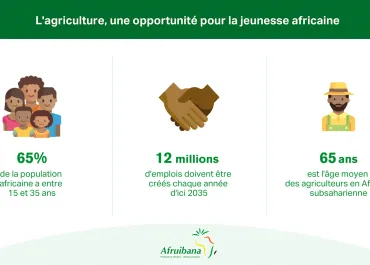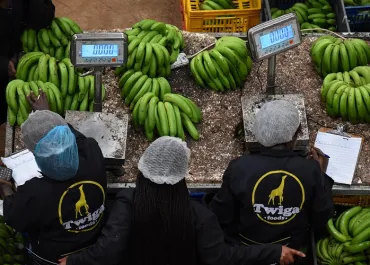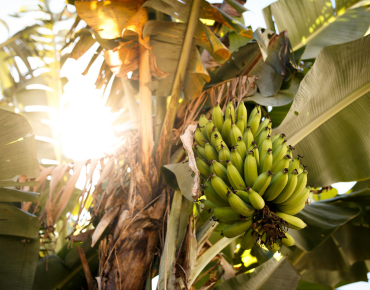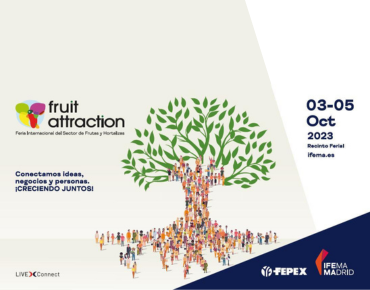
Agriculture, an opportunity of the African Youth
15 July 2018
Developing an agritech ecosystem around bananas: the case of Twiga Food
3 April 2019Today, more than half of the world’s population is concentrated in urban centers. In Africa, this phenomenon of urbanization is even more perceptible with the demographic boom that the continent is experiencing. In 2017, the World Bank estimated that Africa’s urban population was 472 million, but is expected to double in the next 25 years, reaching one billion by 2040. In the short term, the World Bank estimates that African cities will receive an additional 187 million people, the equivalent of the population of Nigeria.
This demographic growth accompanied by a rapid movement of urbanization poses major challenges in terms of economic development and food security. Regularly hit by agricultural and food crises, the transformation and modernization of the agricultural sector is imperative to succeed in building inclusive and sustainable growth for the continent. The development of urban agriculture is a key element in the development of African agriculture.
Defined as “a variety of agricultural and pastoral activities that can take place within the boundaries or periphery of urban agglomerations”, urban agriculture is a sector with high potential for the African continent. Very often, urban agriculture in Africa remains an informal activity on which figures and available data are low.
What is clear, however, is that urban agriculture has environmental benefits by reducing urban waste, improving urban biodiversity and air quality, and reducing overall the environmental impact of transportation and land use. food storage. Not to mention that it helps to reduce food insecurity in cities.
Recently, the Technical Center for Agricultural and Rural Cooperation (CTA) organized a seminar at the ACP Secretariat in Brussels on “Cultivating in cities: successful experiences and opportunities”. The exchanges revealed that many urban agriculture policies still focus mainly on urban and peri-urban food production for reasons of food security, while commercial urban agriculture, agro-processing and added value are often not well taken into account by these same policies. Urban policies must recognize the role of urban and peri-urban agriculture in urban development, ensure urban food supply through these agricultural products and strengthen the livelihoods of poor urban producers. This includes the removal of administrative barriers to the development of the sector and the establishment of incentives for urban and peri-urban agriculture (UPA), as well as the improvement of the natural environment and resource management in urban areas. and peri-urban areas.




